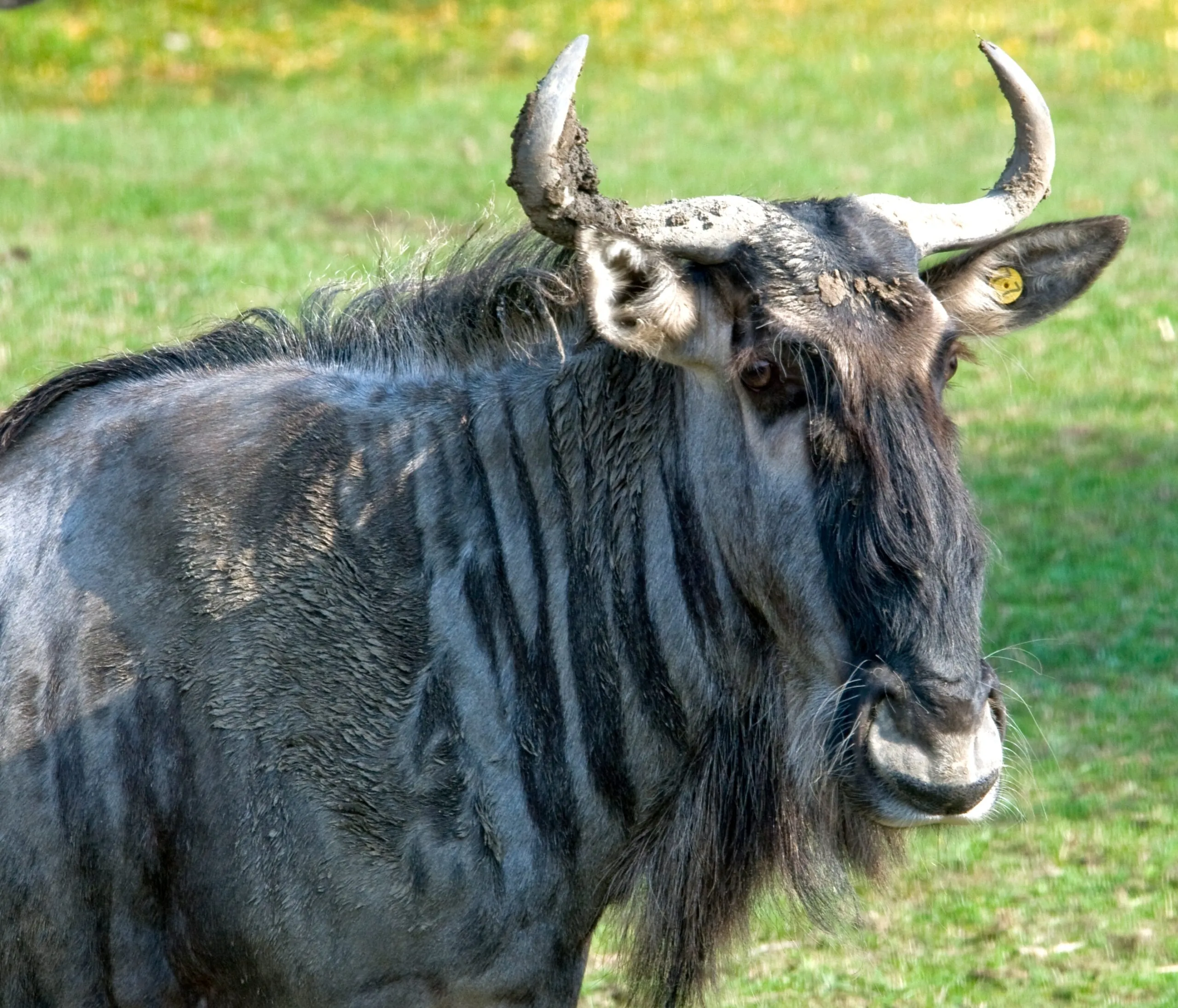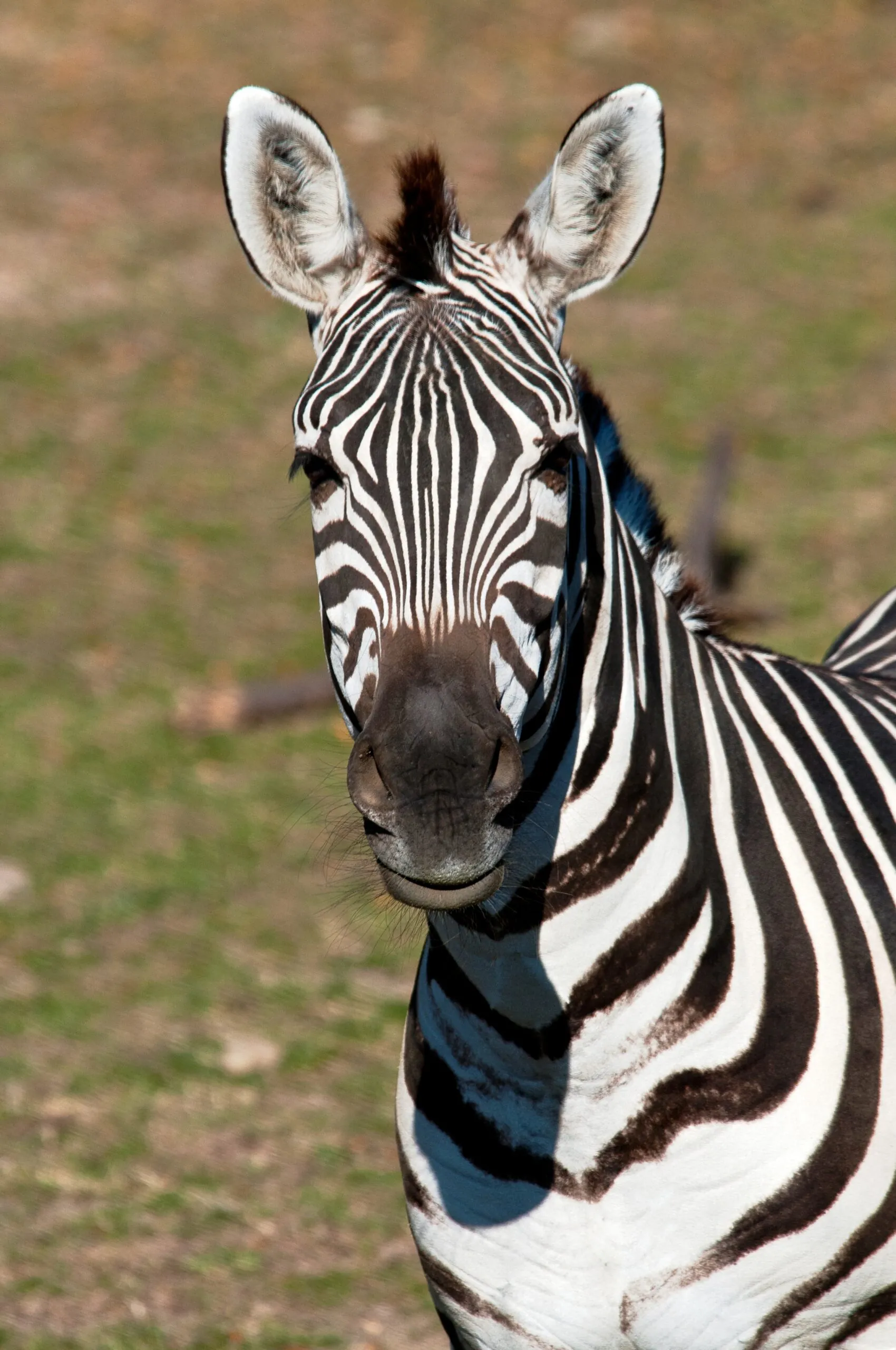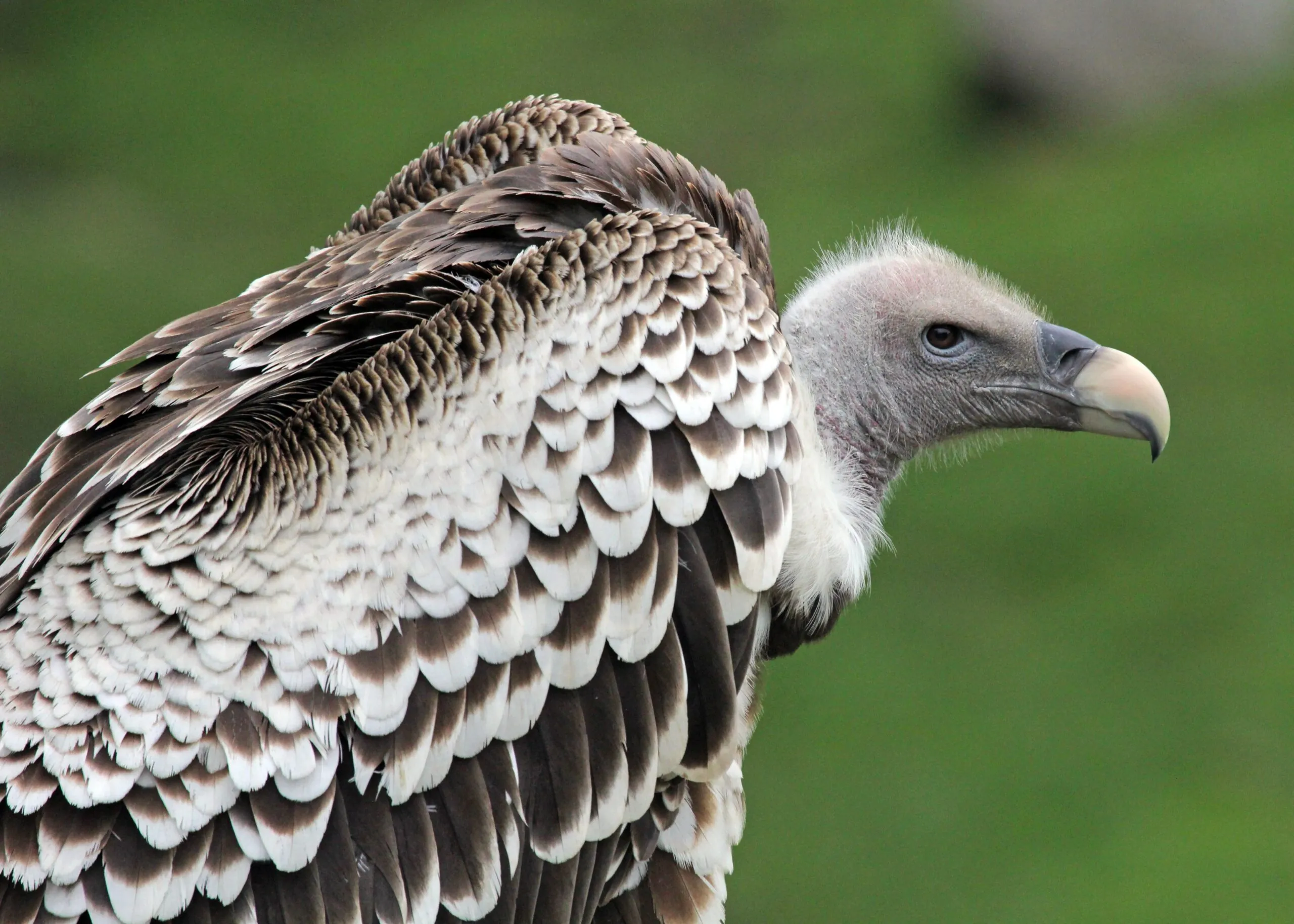-
Menu
- Plan Your Visit
- Meet The Animals
- Check Out Events
- Memberships
- About The Zoo
- Support the Zoo
- Conservation
- Education
- Groups & Private Events
- Zoo News
- Contact
- Zoo Store
- Indianapolis Prize
- Global Center for Species Survival
- Schedule
- Donate
- Membership
- Tickets

- Plan Your Visit
- Meet The Animals
- Check Out Events
- Memberships
- About The Zoo
- Support the Zoo
- Conservation
- Education
- Groups & Private Events
- Zoo News
- Contact
- Zoo Store
- Indianapolis Prize
- Global Center for Species Survival
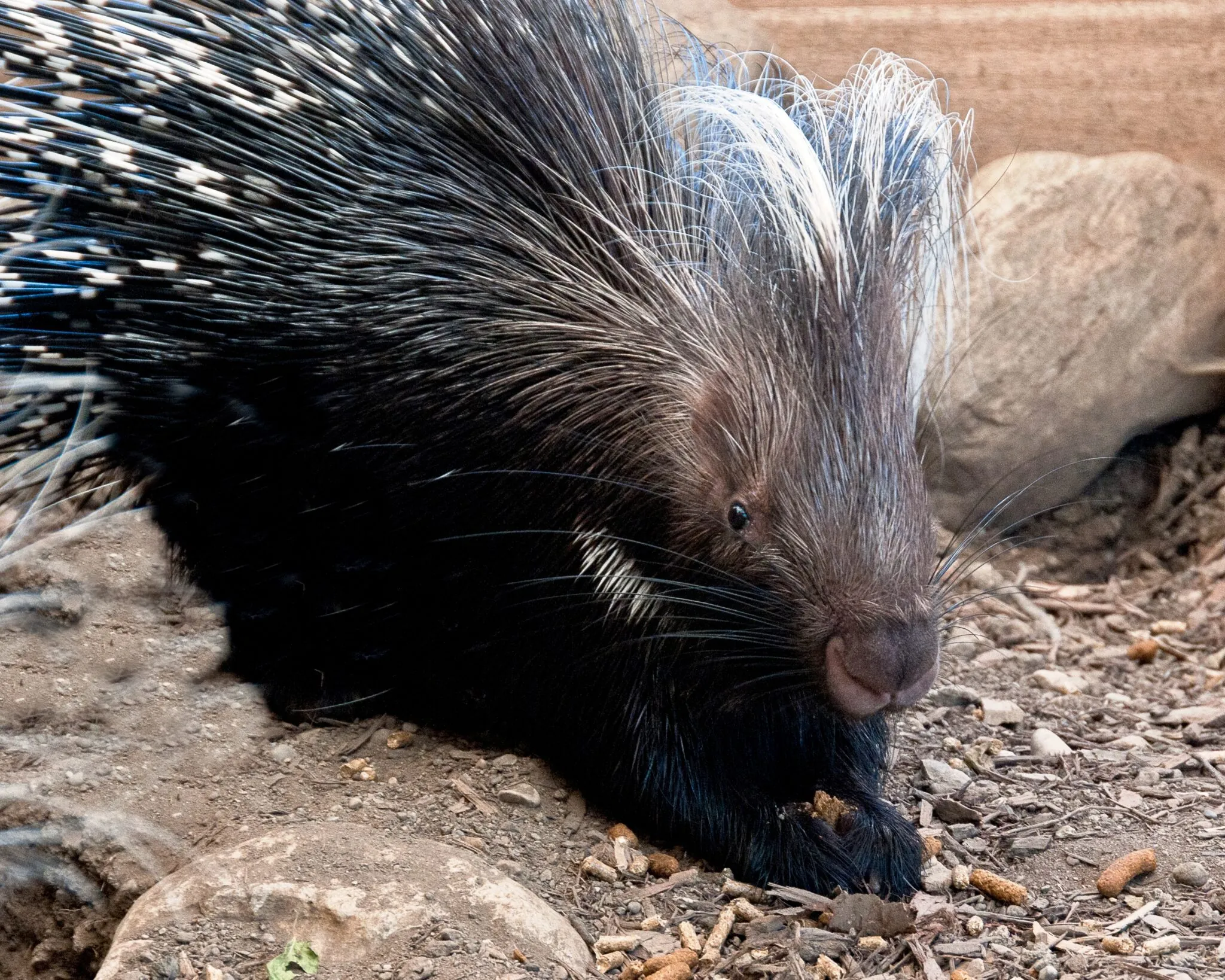
Cape Porcupine
Hystrix africaeaustralis
About
These African porcupines dig life on the ground—literally! They dig up plant parts such as roots and tubers, but they also eat fruit and bark, which they digest thanks to microbes in their large intestine. Their bodies are covered in quills and large spines, which are more than a foot long! Cape porcupines defend themselves by running sideways or backward at attackers. They also may take cover in a hole in the ground with the spines facing outward.
Cape porcupines are mostly nocturnal, resting with their family in underground burrows during the day. Baby porcupines are born underground and are cared for by their parents for 3–4 months. They are born with soft quills that harden within a few hours in the air.
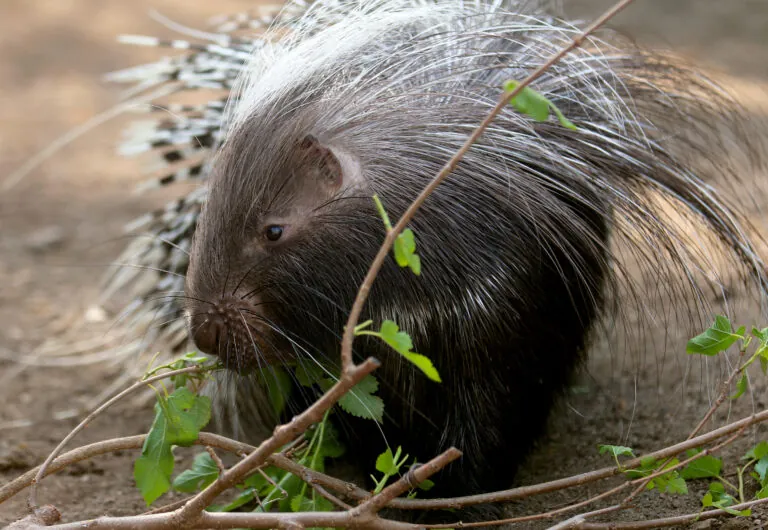
Conservation
Cape porcupines have a stable population. They face no major threats and have benefitted from human agriculture. Making space for wildlife creates a world where they can thrive alongside us, rather than in conflict with us.
To help combat climate change, the Indianapolis Zoo participates in AES’s Green Power Offset Program. Indianapolis residents also can help offset carbon that they’re burning in fossil fuels through this program.
WHERE ARE THEY AT THE ZOO?



